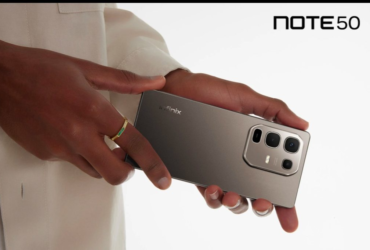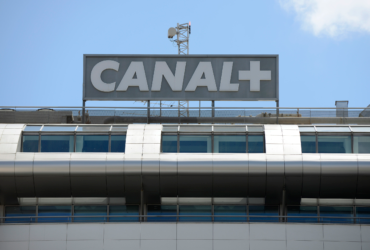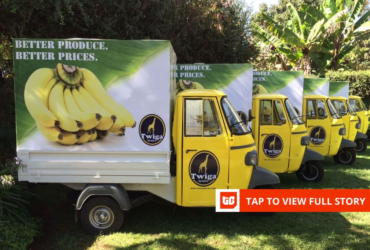Spiro, the Nairobi-headquartered electric vehicle startup, has raised $100 million in new funding to expand its battery-swapping network and enter new markets, including Cameroon and Tanzania. The company said the round, led by Afreximbank’s Fund for Export Development in Africa (FEDA), is the largest investment in Africa’s two-wheel EV sector.
The $100 million round is equity financing, led by $75 million from FEDA, the investment arm of Afreximbank, a Spiro spokesperson told TechCabal on Tuesday. This latest round brings Spiro’s total debt and equity financing investment to $280 million.
Spiro declined to disclose its current valuation: “As a private company we are not at liberty to disclose our valuation at the moment.”
The raise is a turning point for Africa’s electric mobility sector, where two-wheel transport dominates city streets and demand for cheaper and cleaner options is rising fast. Spiro’s push to scale its swapping network positions it at the centre of a race to replace petrol-powered motorbikes with electric ones built for mass use.
Kaushik Burman, Spiro’s chief executive officer, said the funding will accelerate Spiro’s plan to deploy 100,000 vehicles by the end of 2025, a fourfold increase from last year. “This landmark $100 million investment underscores our shared vision to build a pan-African battery-swapping infrastructure that empowers riders with reliable, sustainable energy and mobility across the continent,” Burman said.
Spiro operates over 50,000 electric motorcycles and over 1,000 battery-swapping stations across six countries.
Spiro controls about 21% of Kenya’s motorcycle market, including petrol models. It holds over 90% of all electric vehicles in the country, including bikes and cars, and 52% of all electric motorbikes.
In Kenya, Spiro’s fleet has grown to more than 8,000 electric motorcycles supported by 200 swap stations. Uganda follows with about 12,000 bikes and 200 stations, while Rwanda leads with 14,000 bikes and 500 active sites. The rest of its EVs are in West African markets, including Nigeria, Benin, and Togo. Across its network, Spiro claims that riders have completed over 23 million battery swaps and have covered 800 million kilometres.
Founded in 2022 by Gagan Gupta, Spiro operates in six African countries with plans to expand into Tanzania and Cameroon. Its model combines electric motorcycles with a subscription-based swapping system that allows riders to exchange depleted batteries for charged ones in minutes. In Kenya, a battery swap costs KES 290 ($2.24).
Spiro said it is assembling motorcycles from completely knocked-down (CKD) kits — imported parts that are put together locally — in Kenya, Rwanda, and Uganda.
In Kenya, Spiro’s electric bike’s motors are manufactured locally, and uniquely, the motor line in the assembly facility is run entirely by a group of about 40 women. The company added that through access to financing and progressive government policies, it hopes to unlock Africa’s local manufacturing potential in the future.
Before this round, Spiro had raised $180 million from Equitane and Société Générale. The new investment will help the company improve its technology platform, expand local assembly, and develop new use cases in energy distribution. Spiro’s growth comes as other electric mobility firms, including Roam and Ampersand, scale similar swapping models.

















Leave a Reply